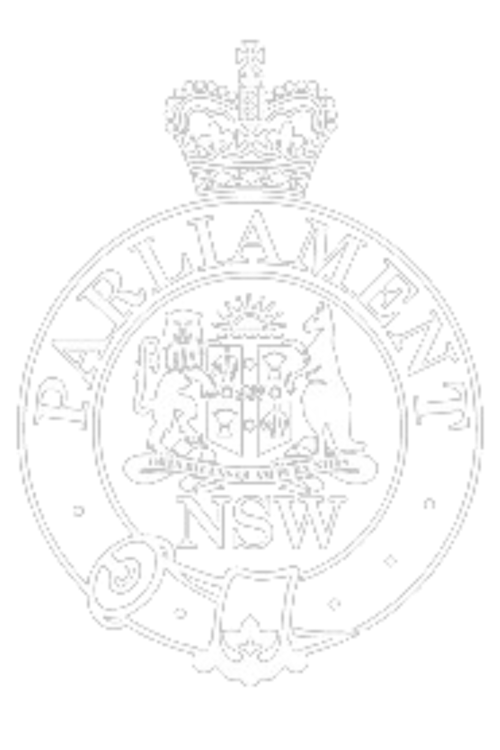This week marks the start of Ramadan, a time of introspection and reflection, often marked by lively night markets in areas like my electorate of Liverpool. I know that this Ramadan will be very different for many in the Muslim community. For many Muslims in my community, this Ramadan will be marked by prayers for a ceasefire in Gaza. As the death toll in Gaza surpasses 31,000 people, I know that many across my community feel that they cannot indulge in what is usually such a joyous time for them and their families. My electorate is mourning the innocent lives taken by the senseless collective punishment. I share the grief of my community during the ongoing humanitarian crisis in Gaza.
Recent reporting fromThe Guardian asserts that 1 per cent of people in Gaza have been killed, 25 per cent are starving and 85 per cent have been displaced. Gaza is on the edge of famine, with many aid trucks being blocked entry. Many of those who have been displaced have gathered in Rafah, where they now face the imminent threat of an assault from Israel. The situation in Gaza is unconscionable, and I repeat my calls for an immediate, permanent ceasefire. I have heard from countless Liverpool residents and community members about their feelings this Ramadan. I recently spoke to Omar Alwan, a former student leader of Al Amanah College in Liverpool, who told me:
Ramadan, the month of mercy and forgiveness. The month of remembrance and understanding. A month where Muslim communities all around the world unite under a banner of moderation and strength, sharing moments of solidarity. It is a month in which joy and laughter fill the hearts of those fasting around the world. But sadly, given the recent events in Palestine, this laughter and joy is shadowed by the sombre awareness of the challenges faced by our fellow Muslims.
Upon Ramadan's arrival, in our gathering for iftar and prayer, an underlying sense of sorrow and concern engulf us in response to our brothers and sisters facing hardships. In a month of forgiveness and mercy, Muslims are enduring the polar opposite.
The nightly Taraweeh prayer becomes a time for collective supplication in hope that peace, justice and relief is achieved for the oppressed.
I know that this complex set of emotions is shared by many within the Muslim community in the Liverpool electorate. Many juggle the horrors they have seen beamed to their phones through social media with the guilt of being safe with family and having the capacity to observe a key tenet of their faith. Siham Nachar, another young person who recently graduated from Al Amanah College in Liverpool, shared her sentiments with me in saying:
This Ramadan is different to previous years as thousands of Palestinian Muslims, particularly women and children, have lost their lives in the past few months.
This Ramadan, as we fast, the people of Palestine are in our minds and hearts, as we know they do not have access to sanitation, water, and basic food. Therefore, Muslims in the community and around the world are feeling distressed and saddened, due to the harsh conditions that the fasting Palestinians are facing.
Ramadan is a month of fasting, unity and togetherness for Muslims worldwide. However, thousands of Palestinian children have lost their parents and family members. Therefore, we feel emotional, and stand in solidarity for the Palestinians in Gaza who despite the hardships they are enduring, continue to fast and practise their faith with pride.
The flow-on impact of what is happening in Gaza is clear. Many organisations, community groups and religious groups are cancelling iftar celebrations and directing the moneys to relief efforts and refugee support organisations. Omar pointed out to me this:
With its emphasis on empathy and compassion, Ramadan inspires actions beyond personal reflection. Fundraisers, charity drives, and community initiatives gain greater urgency as we strive to make a positive impact on the lives of those facing adversity in Gaza. The bonds forged during this holy month extend beyond local communities, connecting us in solidarity with the global Muslim ummah.
While there is a bleak feeling among many in the Muslim community as they reflect on the catastrophe in Gaza, some have opted for an approach of radical joy. Human rights lawyer Sara Saleh takes strength from the resilience of those in Gaza, many of whom are putting up lights in their tents. As many in Liverpool grapple with what this Ramadan means for them and their families, I note that part of Ramadan's joy is the act of looking forward—to iftar, the meal that breaks the fast every evening; to Laylat al-Qadr, the night when the first verses of the Koran were revealed to the Prophet Mohammed; and to the feast of Eid, which marks the end of daily sacrifice. I hope that we can look forward to a swift end to the suffering of many.


